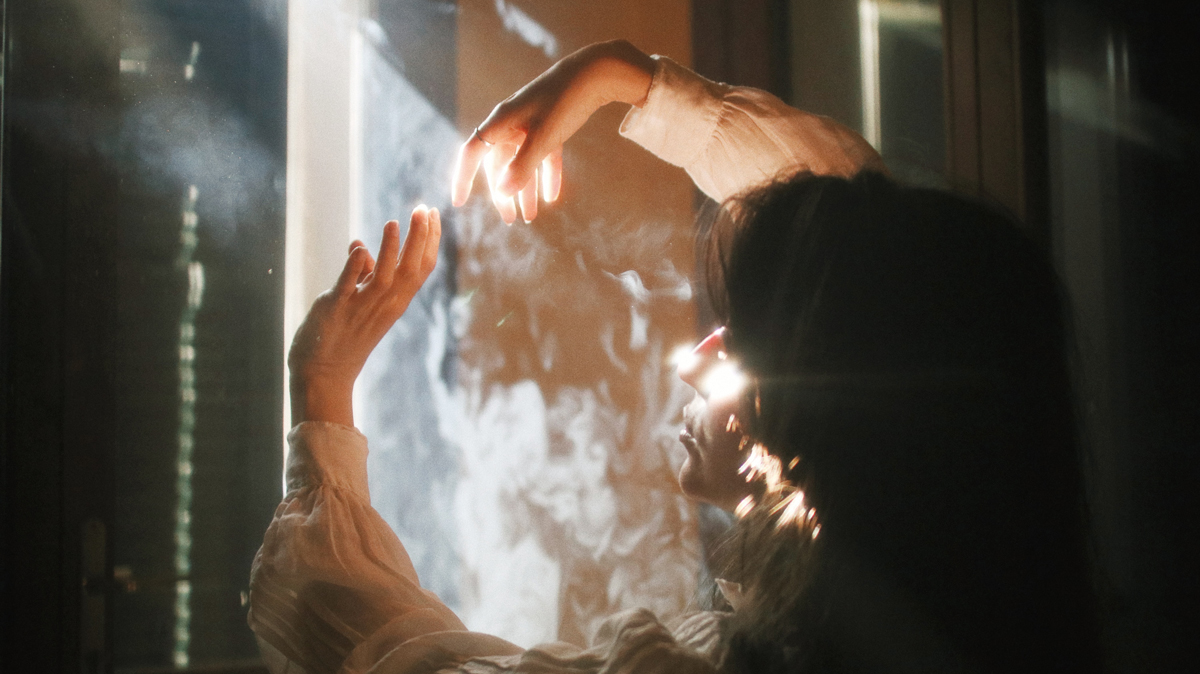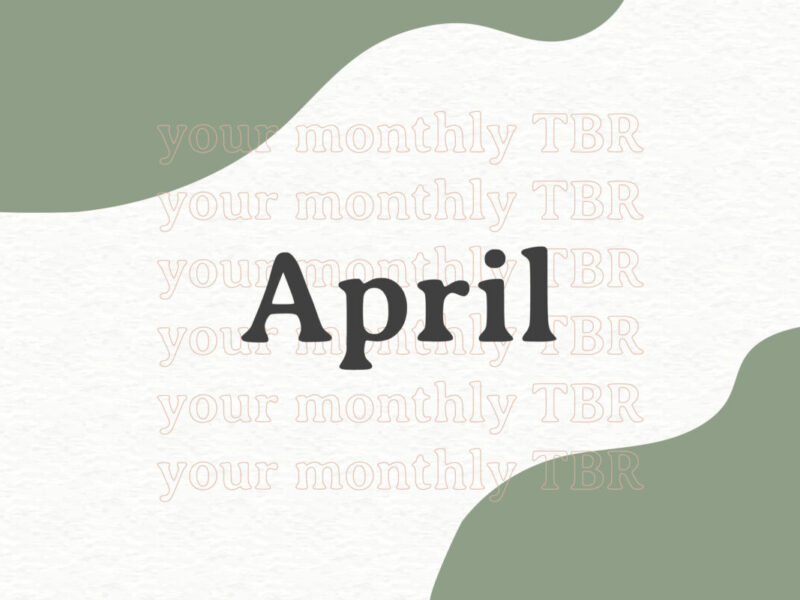Witchy Women in Poetry
The word “witch” has many interpretations. Traditionally, it is used to describe a woman who practices magic, specifically an evil magic. History shows us witches as perilous beings—devil worshipers—that must be punished by means of interrogation, torture, and execution. This notion is rooted in a patriarchal society where educated women are persecuted. Today, the perception has evolved, although there are still misconceptions.
Witches have been present in literature for centuries: Baba Yaga, Circe, Hecate, and Morgan le Fay are just a few examples. Women poets give these witches a voice by writing poetry about their might, power, and wisdom. Rebecca Tamás, author of the poetry collection WITCH, says: “For me, the witch represents all of that repressed agency which constantly bubbles up to the surface in an unsettling vision of female power, female sexuality, female independence.”
With Samhain around the corner, here are four poems written by women to celebrate the witch. Read “The Witch” by Elizabeth Willis, “Witch-Wife” by Edna St. Vincent Millay, or “After He Called Her a Witch” by Susan Ludvigson if you wish to explore other poems.
“Her Kind” by Anne Sexton
I have gone out, a possessed witch,
haunting the black air, braver at night;
dreaming evil, I have done my hitch
over the plain houses, light by light:
lonely thing, twelve-fingered, out of mind.
A woman like that is not a woman, quite.
I have been her kind.
I have found the warm caves in the woods,
filled them with skillets, carvings, shelves,
closets, silks, innumerable goods;
fixed the suppers for the worms and the elves:
whining, rearranging the disaligned.
A woman like that is misunderstood.
I have been her kind.
I have ridden in your cart, driver,
waved my nude arms at villages going by,
learning the last bright routes, survivor
where your flames still bite my thigh
and my ribs crack where your wheels wind.
A woman like that is not ashamed to die.
I have been her kind.
“Interrogations” by Rebecca Tamás (excerpt)
Interrogation (I)
Are you a witch?
Are you
Have you had relations with the devil?
Have you
Have you had relations with the devil and what took place?
I kissed him under the tail, it was a bit like soil, a bit like road tar
when it heats up, he was flickering in pleasure, the field would
be just the same when I tongue that, the bird’s feathers parting.
What knowledge did the devil give you?
“WITCHES” by Fleassy Malay
In the past, they burned us
Because they thought we were witches.
Because we knew what to do with herbs outside of the kitchen.
Because we knew how to dance, and seduce, and pray.
Because we moved with the cycles of the moon.
“Witch Burning” by Sylvia Plath
In the marketplace they are piling the dry sticks.
A thicket of shadows is a poor coat. I inhabit
The wax image of myself, a doll’s body.
Sickness begins here: I am the dartboard for witches.
Only the devil can eat the devil out.
In the month of red leaves I climb to a bed of fire.
It is easy to blame the dark: the mouth of a door,
The cellar’s belly. They’ve blown my sparkler out.
A black-sharded lady keeps me in parrot cage.
What large eyes the dead have!
I am intimate with a hairy spirit.
Smoke wheels from the beak of this empty jar.
If I am a little one, I can do no harm.
If I don’t move about, I’ll knock nothing over. So I said,
Sitting under a potlid, tiny and inert as a rice grain.
They are turning the burners up, ring after ring.
We are full of starch, my small white fellows. We grow.
It hurts at first. The red tongues will teach the truth.
Mother of beetles, only unclench your hand:
I’ll fly through the candle’s mouth like a singeless moth.
Give me back my shape. I am ready to construe the days
I coupled with dust in the shadow of a stone.
My ankles brighten. Brightness ascends my thighs.
I am lost, I am lost, in the robes of all this light.




